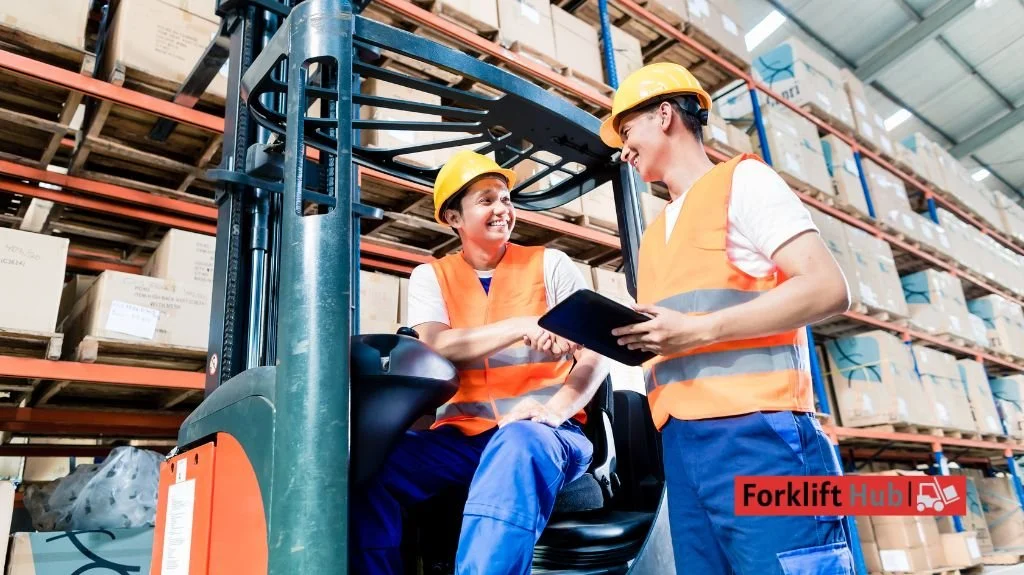
Forklift Certification - The Ultimate Guide
Learn everything about forklift certification in this ultimate guide. Compare licenses vs certification, find training near you, explore types of forklifts, and understand legal requirements to get certified safely and efficiently.
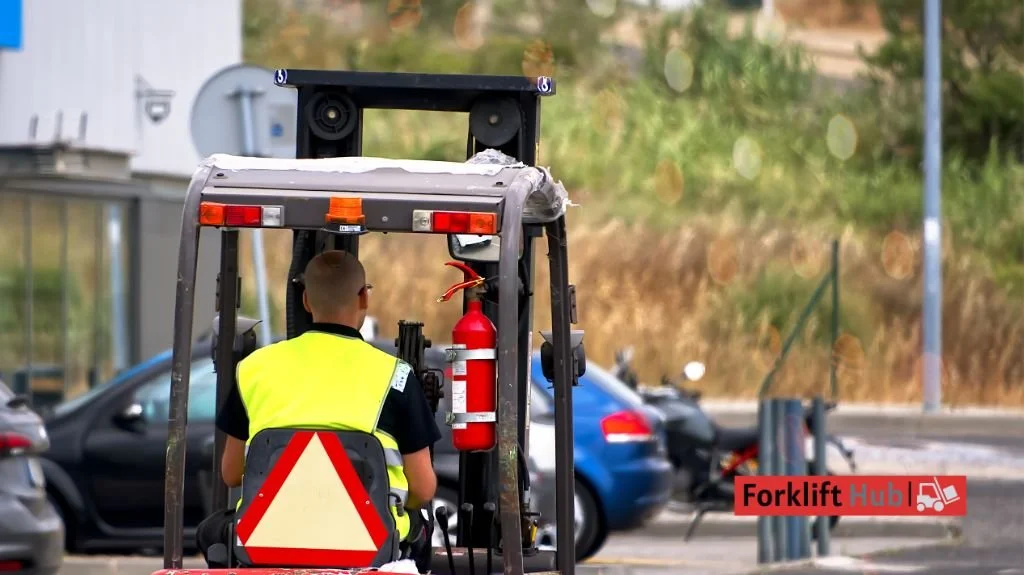
Forklift Training On-Site Custom: Tailored Safety Training for Your Equipment, Facility, and Team
Ensure workplace safety with Forklift Training On-Site Custom programs. Learn how tailored, hands-on training for new and experienced operators improves safety, reduces risks, and boosts productivity.

The Types Of Forklift Certifications
In this guide, we break down the types of forklift certifications, what makes each class unique, and the training options available for new, experienced, and transitioning operators.

What Forklift Training Is Required by Law: Listed by Province and State
In this guide, we’ve summarized forklift training requirements across Canada and the United States, grouping provinces and states with similar rules.
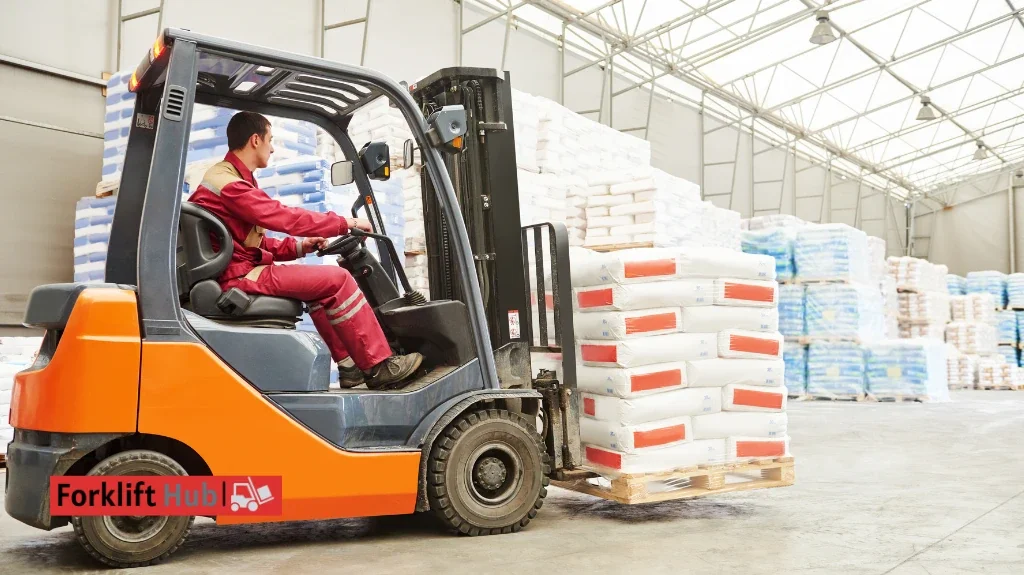
How To Get A Forklift Operator Job
Want to know how to get a forklift operator job? We’ll walk you through everything you need to know and show how ForkliftHub can make the process easier.
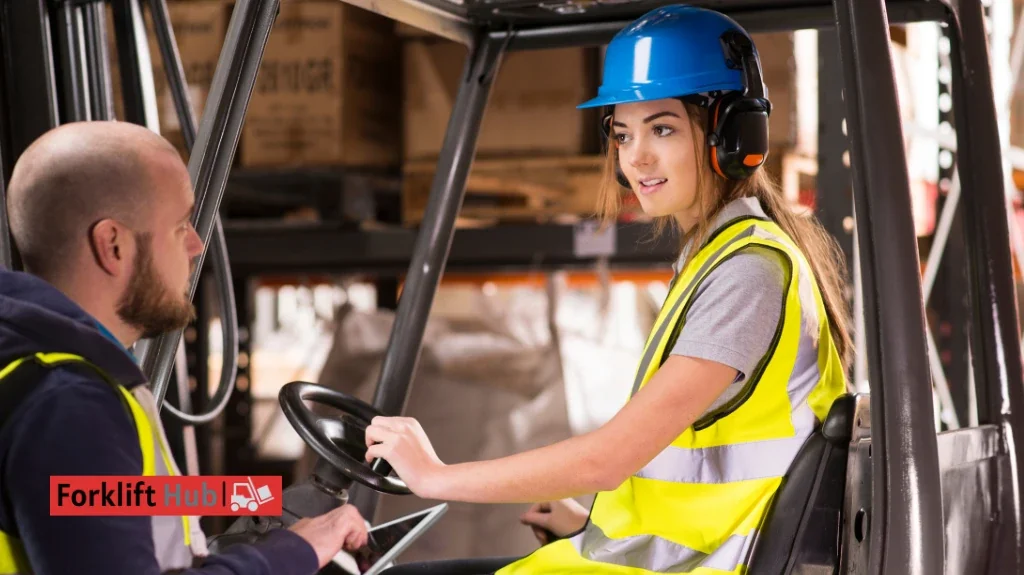
How To Get A Forklift Certification
Thinking about how to get a forklift certification but not sure where to start? The good news is the process is pretty simple. In Canada, you don’t actually need a driver’s license to run a forklift, but you do need to be certified to stay safe and meet workplace requirements.
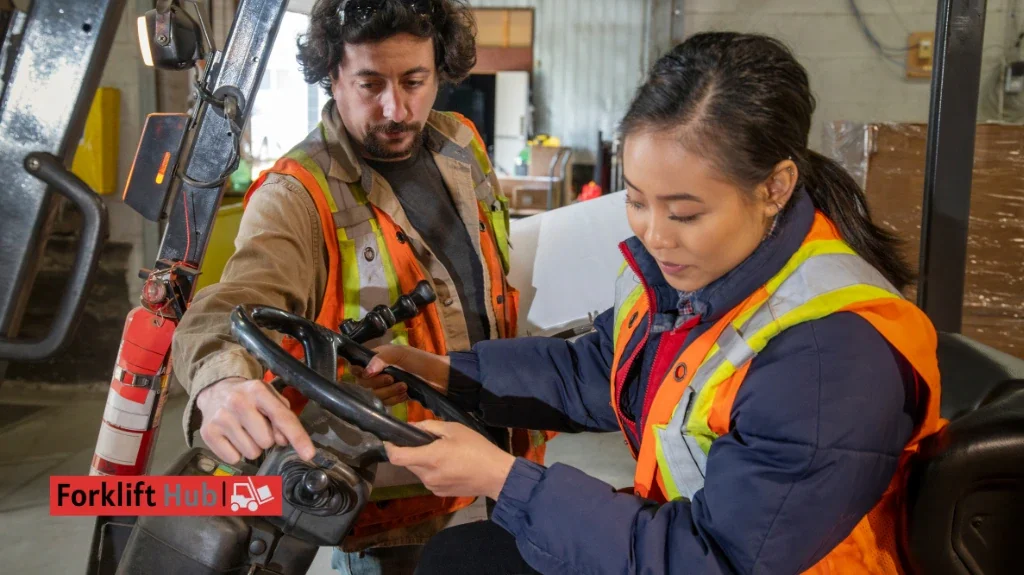
Where to Get a Forklift Certification Near Me
If you’ve been searching for “where to get a forklift certification near me,” you’ve come to the right place. In this guide, we’ll show you how to find reputable training providers, highlight top certification programs in major Canadian cities, explain what to look for in a course, and answer common questions about forklift certification.

Where to Get a Forklift License (Certification)?
Looking to get a forklift license (certification) in Canada? In this guide, we’ll walk you through the different training options, what kind of certification you need, and how to make sure you’re properly qualified to operate the equipment safely.

Forklift Training Programs Toronto: Beginner, Advanced & Specialized Courses
Forklift Training Programs Toronto : Learn about the different course options available so you can choose the right program to advance your career and stay compliant with Ontario safety regulations.

